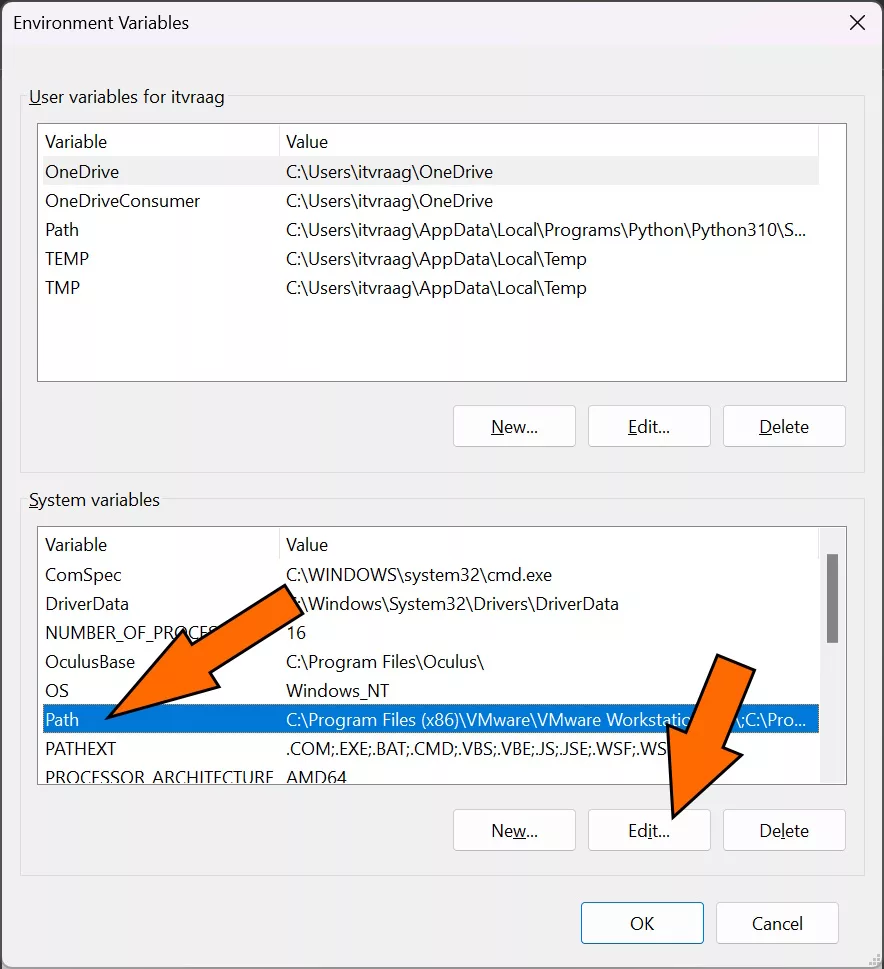You likely perform many mundane tasks in the terminal on a regular basis. These tasks can range from renaming files in bulk to compiling code, to even running complex scripts. Doing these tasks repeatedly can be time-consuming and boring. However, with the power of the terminal and some scripting skills, you can automate many of these tasks to save time and streamline your workflow. In this guide, we’ll show you how to automate mundane tasks in the Linux terminal.
Prerequisites
- Basic knowledge of the terminal and commands
- Knowledge of a scripting language such as Bash, Python, or Perl
How to Automate Mundane Tasks in Linux Terminal
Here’s a step-by-step guide on how to automate mundane tasks in the Linux terminal:
- Identify the task you want to automate The first step in automating a task is to identify what you want to automate. This could be anything from renaming files to running a script.
- Write a script Once you have identified the task, the next step is to write a script to automate it. You can write a script in any scripting language such as Bash, Python, or Perl. Make sure the script is well-documented and easy to understand so that you can easily make changes to it in the future.
- Test the script Before you automate the task, make sure to test the script to ensure it works as expected. Test the script with a small sample of data first, then scale it up as needed. Creating a VM sandbox is easy and effective!
- Schedule the script Once you have tested the script and ensured that it works, the next step is to schedule it to run at a specific time. You can use cron jobs or other scheduling tools to schedule the script.
- Monitor the script After scheduling the script, make sure to monitor it to ensure it runs as expected. If you encounter any issues, fix them promptly.
Practical Use-Cases
Here are a few practical use-cases to help you understand how to apply the material in this guide:
- Renaming files in bulk You can use a script to rename files in bulk. For example, if you have a folder with hundreds of files and you want to add a prefix to all the file names, you can write a script to automate this task.
- Compiling code If you work with code regularly, you can automate the process of compiling it. You can write a script that takes the code as input, compiles it, and outputs the result.
- Running complex scripts You can also automate the process of running complex scripts. For example, if you have a script that performs a backup of your system, you can schedule it to run at a specific time each day.
- Cleaning up or organizing your Download or Documents directories tend to get cluttered, it’s time to create a script which automates the cleanup for you, based on the rules you provide. You can create a simple script which will organize the files into subfolders based on file extension or file names.
Tips for Automating Mundane Tasks in Linux Terminal
Here are five tips to help you automate mundane tasks in the Linux terminal:
- Start small: Automate a single task first to get the hang of it before moving on to more complex tasks.
- Keep scripts well-documented: This will make it easier to understand and modify the script in the future.
- Use scheduling tools: Schedule your scripts to run at specific times to save time and ensure they run as expected.
- Monitor your scripts: Make sure to monitor your scripts to ensure they run as expected and fix any issues promptly.
- Test your scripts thoroughly: Always test your scripts before automating the task to ensure they work as expected.
Recommended Topics
To continue learning about automating tasks in the Linux terminal, you may want to read up on cron jobs and scripting languages such as Bash, Python, and Perl.
Challenge
Try automating a task of your choice in the Linux terminal. Start small and gradually move on to more complex tasks as you gain experience.



